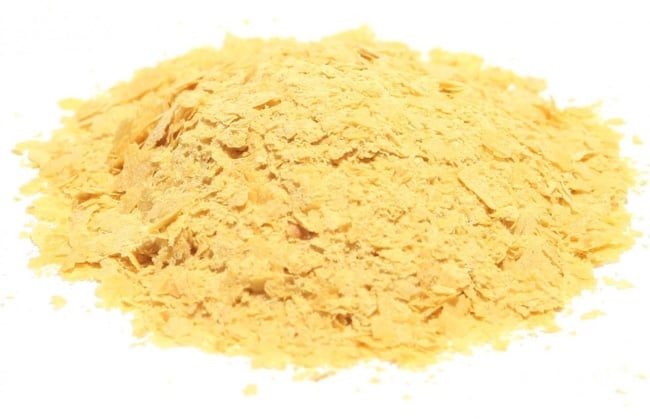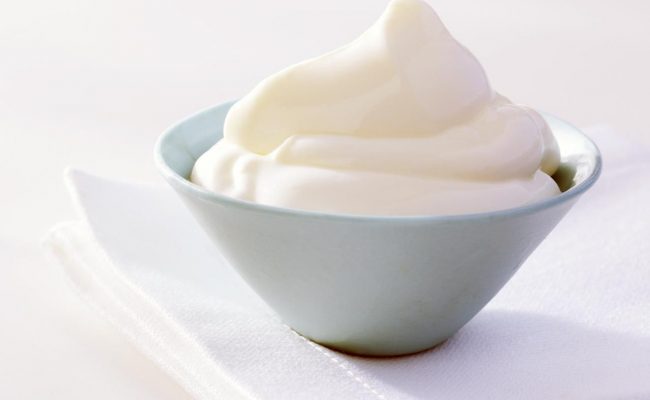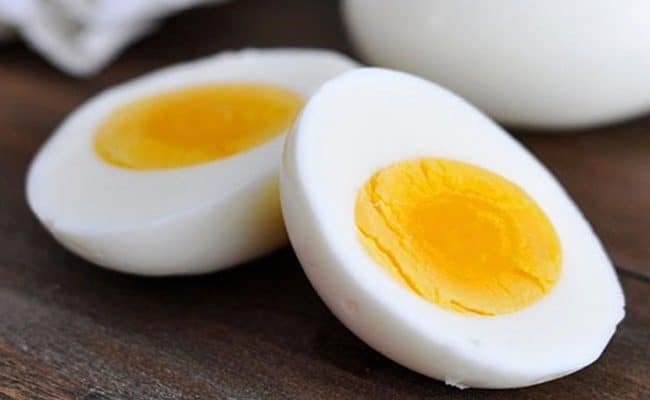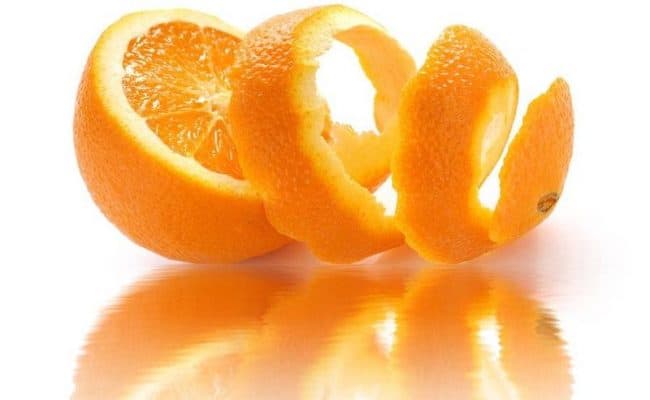
Nutritional yeast can be described as “Cheetos dust” because it is yellow/orange in color and has a cheesy, nutty flavor. It can be found in powder or flake form in most grocery stores or in the bulk food section.
Nutritional yeast is made from yeast that grows from a carbohydrate source (usually molasses). Once the yeast grows, it is heated and dried which deactivates the yeast.
Why would you eat nutritional yeast? It can add a depth of umami flavor to dishes like popcorn, salads, roasted veggies, egg dishes or pasta.
You can use it as a replacement for dishes that use sprinkled cheese. For people who are cutting out cheese or other dairy products, adding nutritional yeast to foods can still provide that cheesy flavor.
Another reason for adding in more nutritional yeast to your diet is it can be healthy for everyone.
Nutritional yeast is naturally very low in calories and high in B vitamins especially B12. Vegans or vegetarians can be at a higher risk for B12 deficiency because they limit or eliminate animal foods which are natural sources of B12.
Nutritional yeast is a rare exception of a plant source of B12. Some research also suggests nutritional yeast has some anti-microbial effects and may be beneficial for promoting healthy gut bacteria.
Nutrition profile
Two tablespoons of nutritional dry yeast provide about 45 calories, 4 grams of fiber and 8 grams of protein (1).
Two tablespoons of nutritional yeast also provide over 500% DV for thiamin, riboflavin, 280% DV for niacin, 480% DV for B6 and 130% DV for B12.
Two tablespoons of nutritional yeast provide about 20% DV for zinc and trace amounts of iron, magnesium, copper and manganese.
Nutritional yeast can be good for everyone because it is naturally low in calories but rich in nutrients, especially B vitamins. It also provides a source of fiber and protein.
B vitamin benefit: not just for vegans
Vitamin B12 is a nutrient of concern for vegans and some vegetarians because B12 is almost exclusively naturally from animal foods.
Therefore, if someone is cutting out animal foods, they need to either supplement B12 or eat fortified foods.
Incorporating nutritional yeast into the diet can also provide a plant based good source of B12 and all other B vitamins.
Vitamin B12 is needed to make new red blood cells, DNA and nerve cells. Knowing if you have a B12 deficiency can be hard to tell because a B12 deficiency occurs slowly over time.
According to Harvard Health (2), symptoms of B12 deficiency can include: numbness, tingling, difficulty walking, anemia, tongue swelling, yellowish skin, difficulty with memory or other brain function, weakness and fatigue.
If you think you may have some symptoms of a B12 deficiency, it is important you speak with your doctor.
While vegans/vegetarians may be at a higher risk for B12 deficiency, other people may also be at risk. Stomach acidity is needed for proper absorption of B12, so people taking antacids may have difficulty absorbing B12.
As we age, stomach acid production goes down. Therefore, the elderly population may also be at risk for B12 deficiency.
People with absorption disorders like Chron’s or ulcerative colitis may also have increased risk for B12 and other nutrient deficiencies. Some medications may interfere with B12 absorption, and those recovering from weight loss surgery may have issues with proper absorption of B12.
Data from a 2014 review (3) suggests around 62 percent of pregnant women, between 25-82 percent of children and 21-41 percent of adolescents may be deficient in vitamin B12.
Therefore, incorporating foods high in B12, like nutritional yeast, may be beneficial for everyone.
Anti-microbial
A 2008 study (4) analyzed the anti-microbial effects of nutritional yeast in vitro which means in cell cultures.
Researchers found nutritional yeast extract inhibited growth of some harmful bacteria strains. Therefore, researchers concluded nutritional yeast consumption may be beneficial for promoting healthy gut bacteria and inhibiting growth of harmful bacteria.
How to use nutritional yeast
Nutritional yeast can be sprinkled on items that you would sprinkle on cheese. A popular, easy way to add nutritional yeast is to sprinkle it on popcorn.
It can also be sprinkled on salads or roasted veggie dishes. It can also be used to make a cheese flavored sauce for pasta or vegetable dishes. It can also be used in vegan baking to make cheese flavored crackers.
If you have never used nutritional yeast before, experiment with using it in different savory dishes.
Is it safe for everyone?
Nutritional yeast is naturally free of top allergens: dairy, eggs, gluten, nuts or corn. However, if you have food allergies, you should check the packaging of nutritional yeast before purchasing to make sure it is free of cross contamination from manufacturing.
Nutritional yeast can be safe for everyone, but if you have specific questions regarding your health and if nutritional yeast would be healthy for you, speak with your doctor or dietitian.
Nutritional yeast can be a good source of vitamin B12 which is one of the major reasons to incorporate it into your diet.
Deficiency of B12 can be fairly common in pregnant women, children, elderly and adolescents or those following a vegan diet if they are not eating fortified foods.
Therefore, incorporating nutritional yeast in these populations may be beneficial to lower risk for B12 deficiency.
Bon Appétit (5) suggests storing nutritional yeast in a cool, dark location. Storing nutritional yeast in the refrigerator is recommended and may last up to 2 years.










